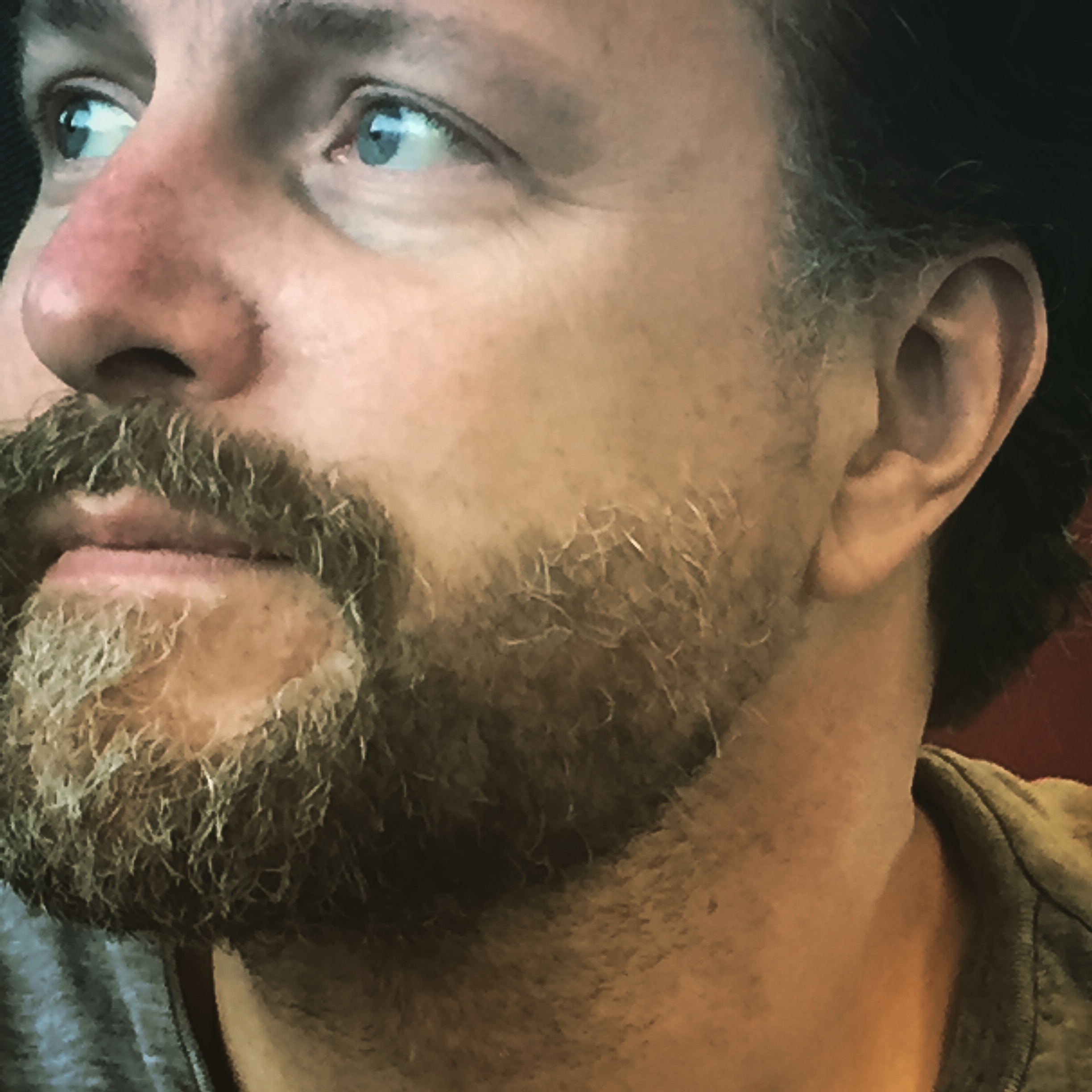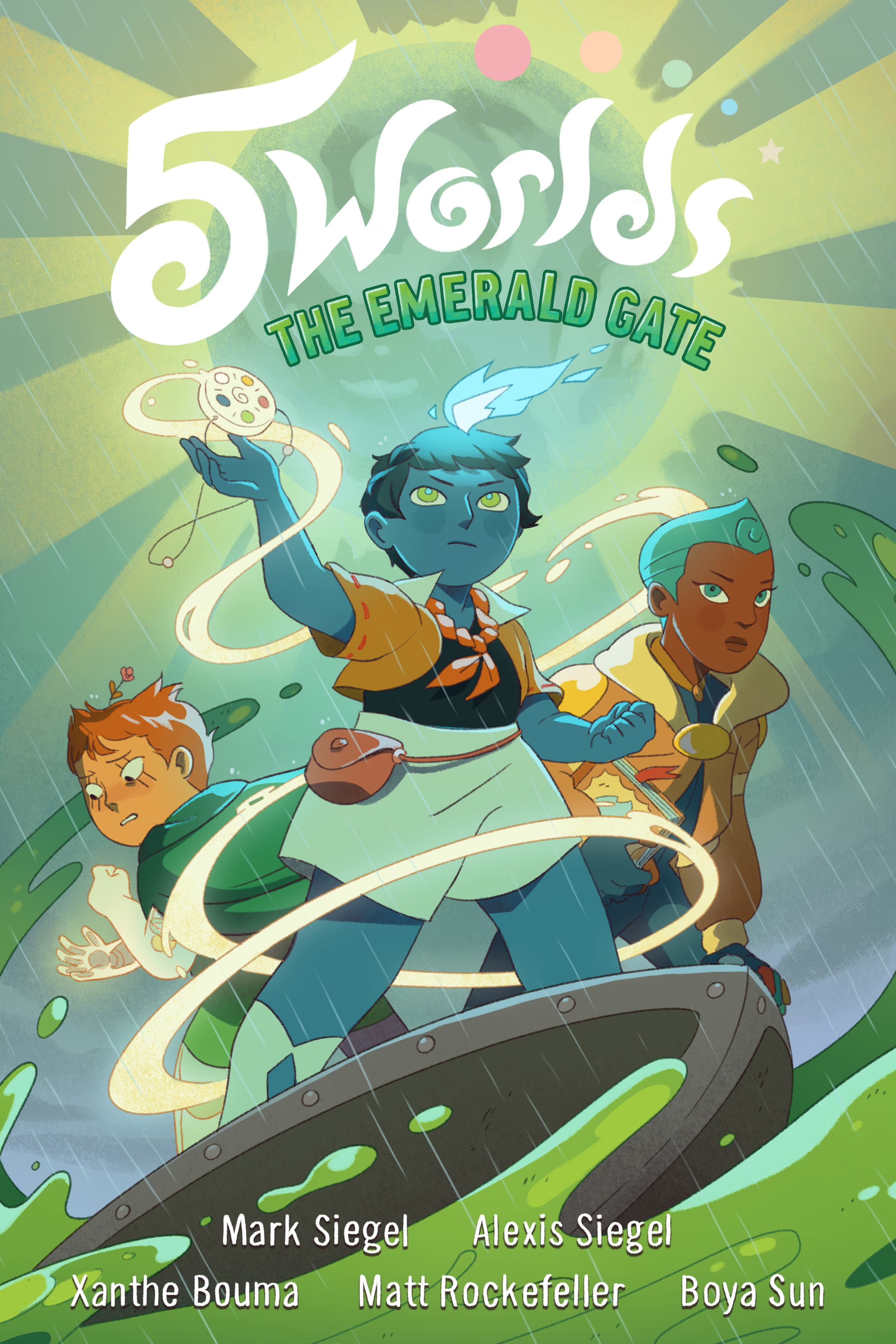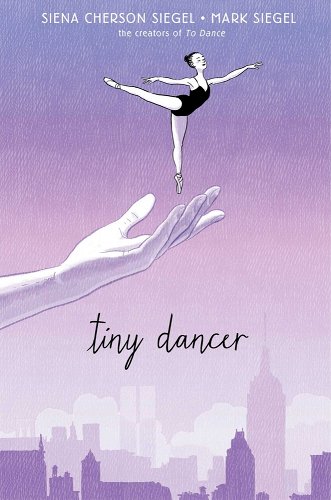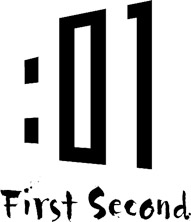Creative Food (1 of 7)
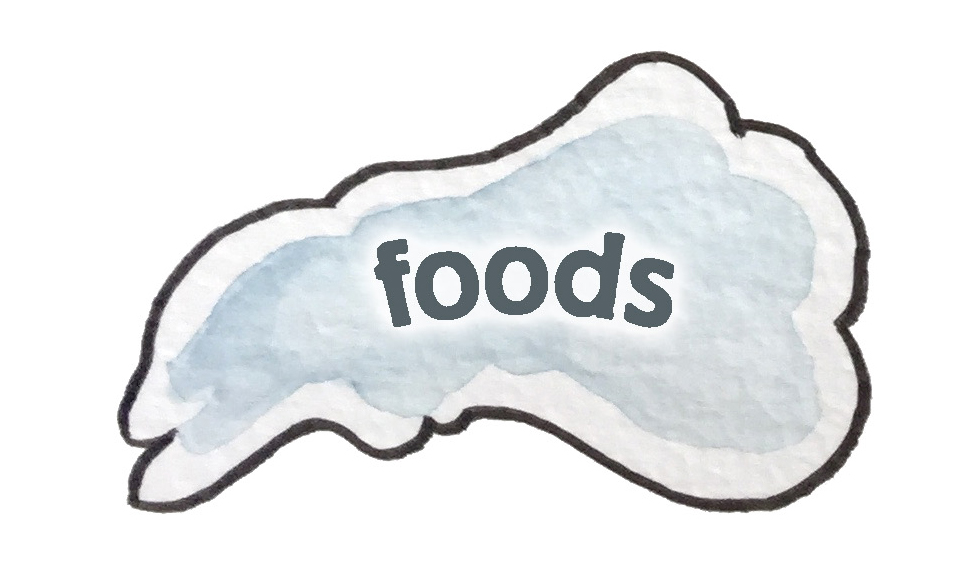
SEVEN VITAMINS FOR THE CREATIVE LIFE
Call-over 1 of 7: Creative Food
It's not a TED talk, nor is it a motivational speech. This is me calling over seven core elements of the creative life, be they signposts or guide-ropes—these are mainstays that help me find my way back into creative generation.
The first is FOOD.
Everything eats. What does my home eat? What does my marriage eat? What about my relationship to art?
Some things are food to the creative life. Some things are junk food. Some things are poison. This idea is well covered in the opening chapters of The Artist's Way. It may or may not be in fashion at the moment, but its fundamentals hold up well, so I do recommend it to anyone aiming for a creative existence.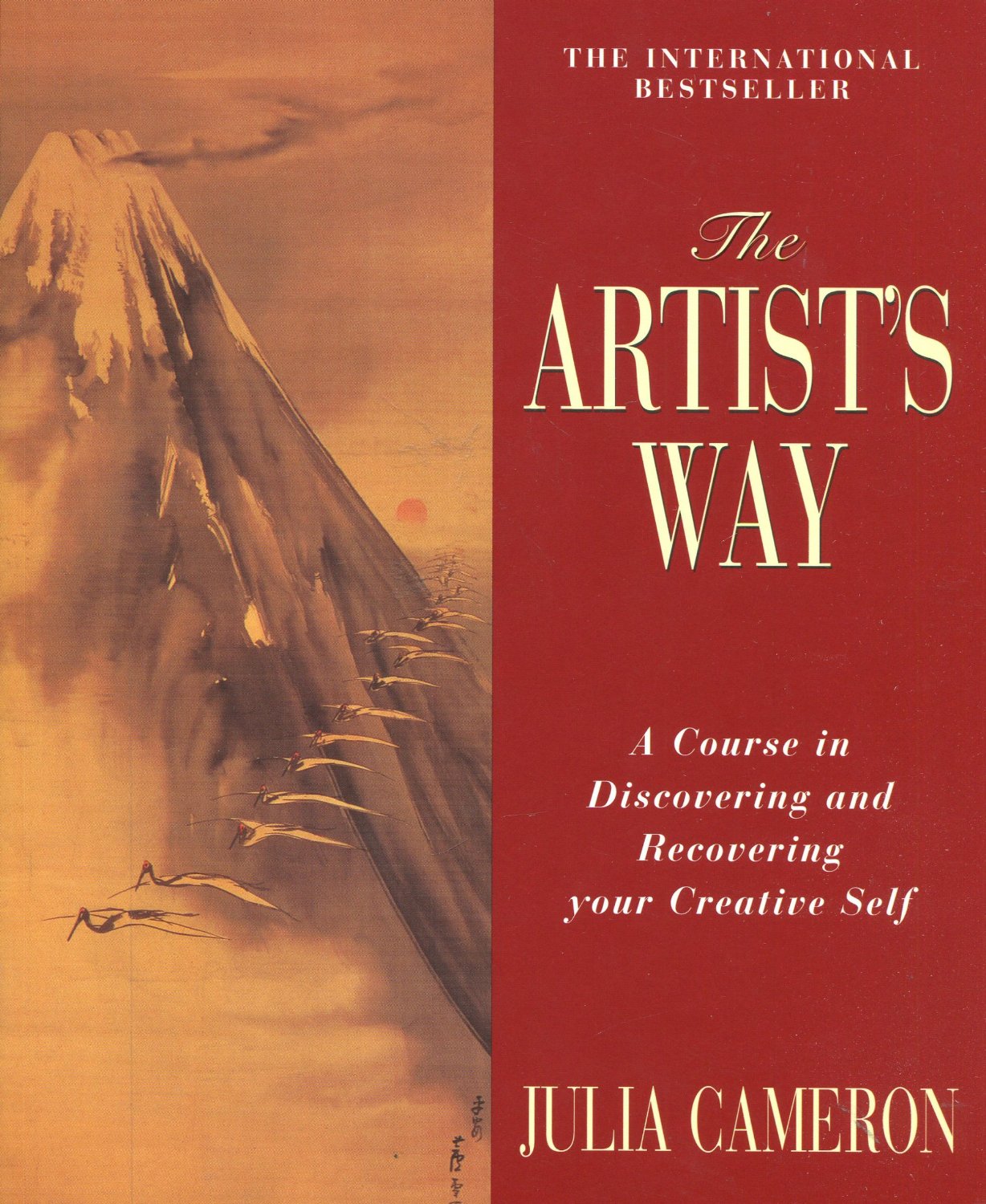
I do get run-down and depleted, and seem to be lost to my creative connection. At times like those I'm more vulnerable to depression, can fall prey to old ghosts, and find myself stuck or unable to proceed. Good time to look at FOOD, not just the physical kind—although it's not bad at such times to resist stimulants, especially sugar and alcohol—but the inspiration kind, the uplift and refresh kind. A favorite book, a great play, a museum visit, cooking a special meal, or a little Shinrin-Yoku ("forest bathing"), if it's the right thing for me at the right time, can completely change my state. I guess I'm responsible for noticing inner cries of hunger.
A caution about narrowing geekdoms
Beware of mono-diets. Sometimes our brains do get hooked to a particular food. We each have our particular geek inclinations. But sometimes it's possible to have too narrow a diet—say, in reading: only Manga and Anime; or only comics; or only non-fiction; or only prose. Same in foods like music, podcasts, film and tv, outings, social patterns. Am I often introducing new foods into my creative diet? Trying things unlike my usual?
The first is FOOD.
Everything eats. What does my home eat? What does my marriage eat? What about my relationship to art?
Some things are food to the creative life. Some things are junk food. Some things are poison. This idea is well covered in the opening chapters of The Artist's Way. It may or may not be in fashion at the moment, but its fundamentals hold up well, so I do recommend it to anyone aiming for a creative existence.

I do get run-down and depleted, and seem to be lost to my creative connection. At times like those I'm more vulnerable to depression, can fall prey to old ghosts, and find myself stuck or unable to proceed. Good time to look at FOOD, not just the physical kind—although it's not bad at such times to resist stimulants, especially sugar and alcohol—but the inspiration kind, the uplift and refresh kind. A favorite book, a great play, a museum visit, cooking a special meal, or a little Shinrin-Yoku ("forest bathing"), if it's the right thing for me at the right time, can completely change my state. I guess I'm responsible for noticing inner cries of hunger.
A caution about narrowing geekdoms
Beware of mono-diets. Sometimes our brains do get hooked to a particular food. We each have our particular geek inclinations. But sometimes it's possible to have too narrow a diet—say, in reading: only Manga and Anime; or only comics; or only non-fiction; or only prose. Same in foods like music, podcasts, film and tv, outings, social patterns. Am I often introducing new foods into my creative diet? Trying things unlike my usual?
Feeding a project
Then there's feeding a project!
Whether it's a signed contract with a publishing house, or a secret idea that's germinating inside me, it can be well-fed, too.
Sailor Twain was fed by all kinds of streams in my life—emotional experiences, historical research, 19th century paintings and fashions, a growing love-affair with the Hudson River, visits aboard steamships, reading about mermaids, Tolstoi, Stephen King, hearing Amy Winehouse for the first time, long conversations with friends—tons of things.
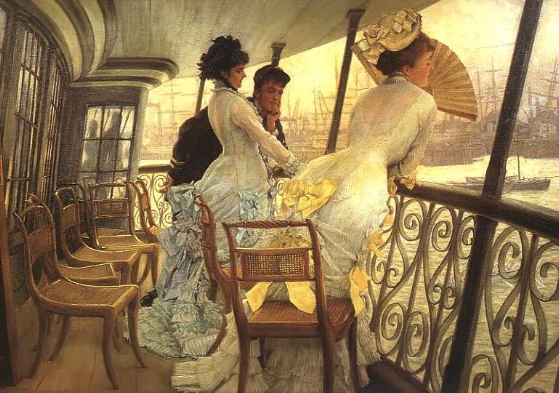
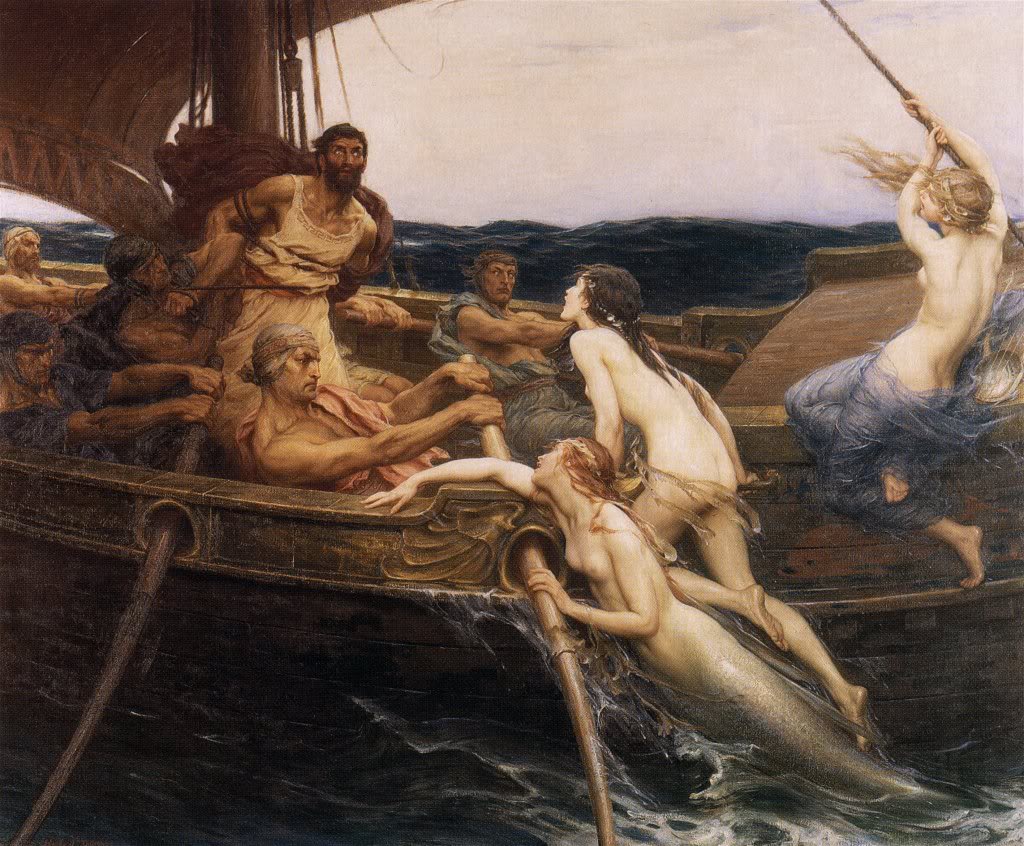
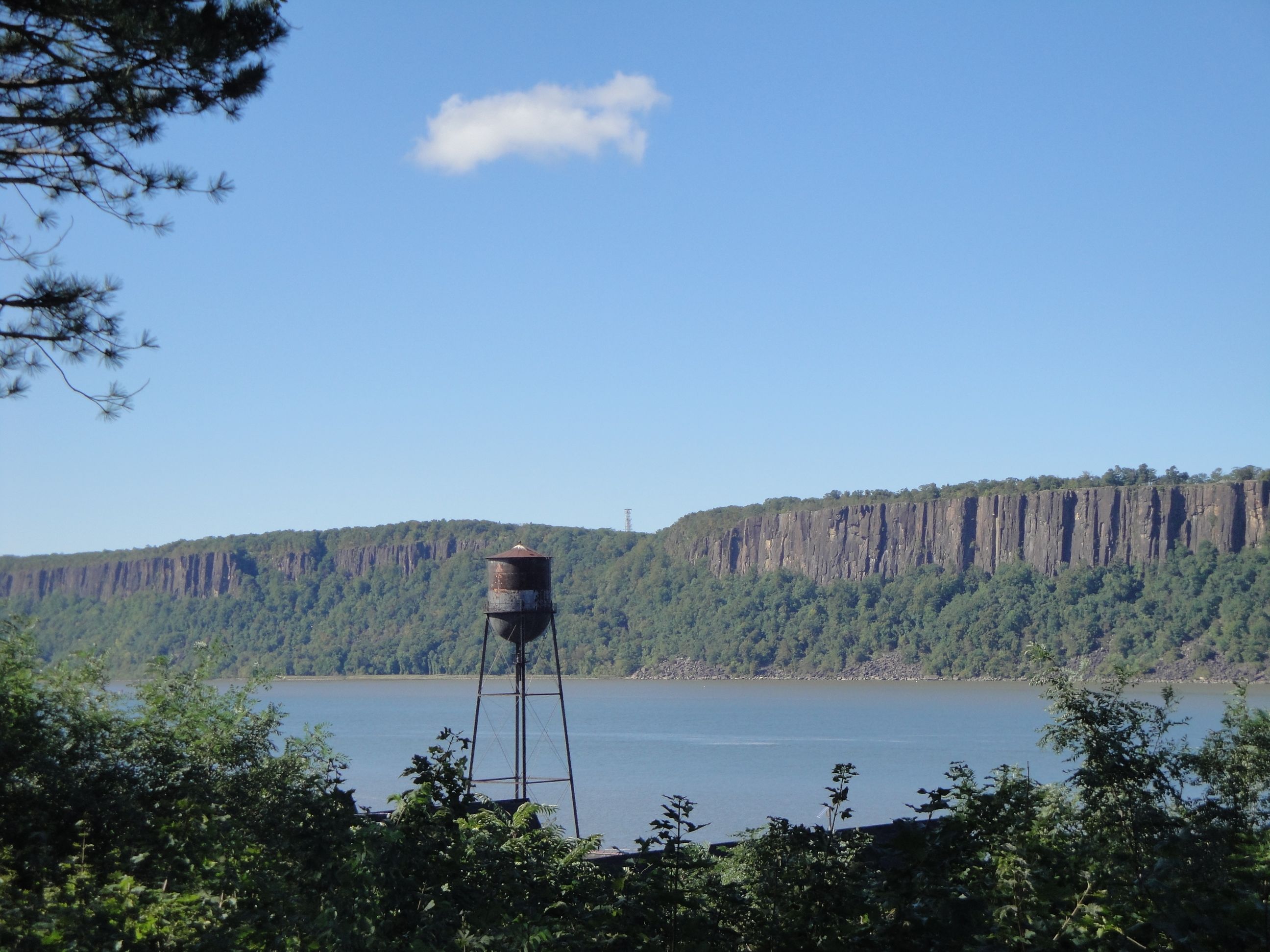
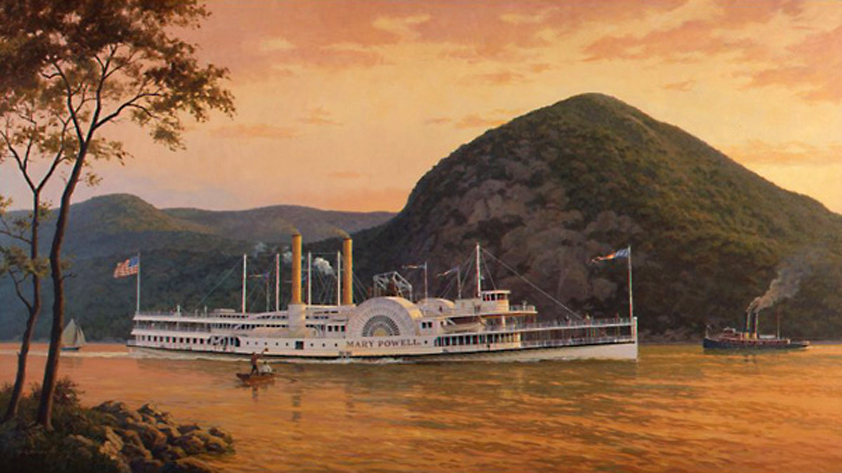
By the time I turned to draw the pages, the project itself was nourished and strong enough to keep me in its grip for several years.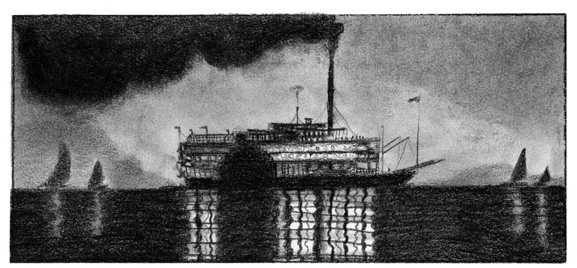
Then there's feeding a project!
Whether it's a signed contract with a publishing house, or a secret idea that's germinating inside me, it can be well-fed, too.
Sailor Twain was fed by all kinds of streams in my life—emotional experiences, historical research, 19th century paintings and fashions, a growing love-affair with the Hudson River, visits aboard steamships, reading about mermaids, Tolstoi, Stephen King, hearing Amy Winehouse for the first time, long conversations with friends—tons of things.




By the time I turned to draw the pages, the project itself was nourished and strong enough to keep me in its grip for several years.

*
SEVEN VITAMINS FOR THE CREATIVE LIFE
Part 1 • Part 2 • Part 3 • Part 4 • Part 5 • Part 6 • Part 7 • Part 8
Part 1 • Part 2 • Part 3 • Part 4 • Part 5 • Part 6 • Part 7 • Part 8

.jpg)
